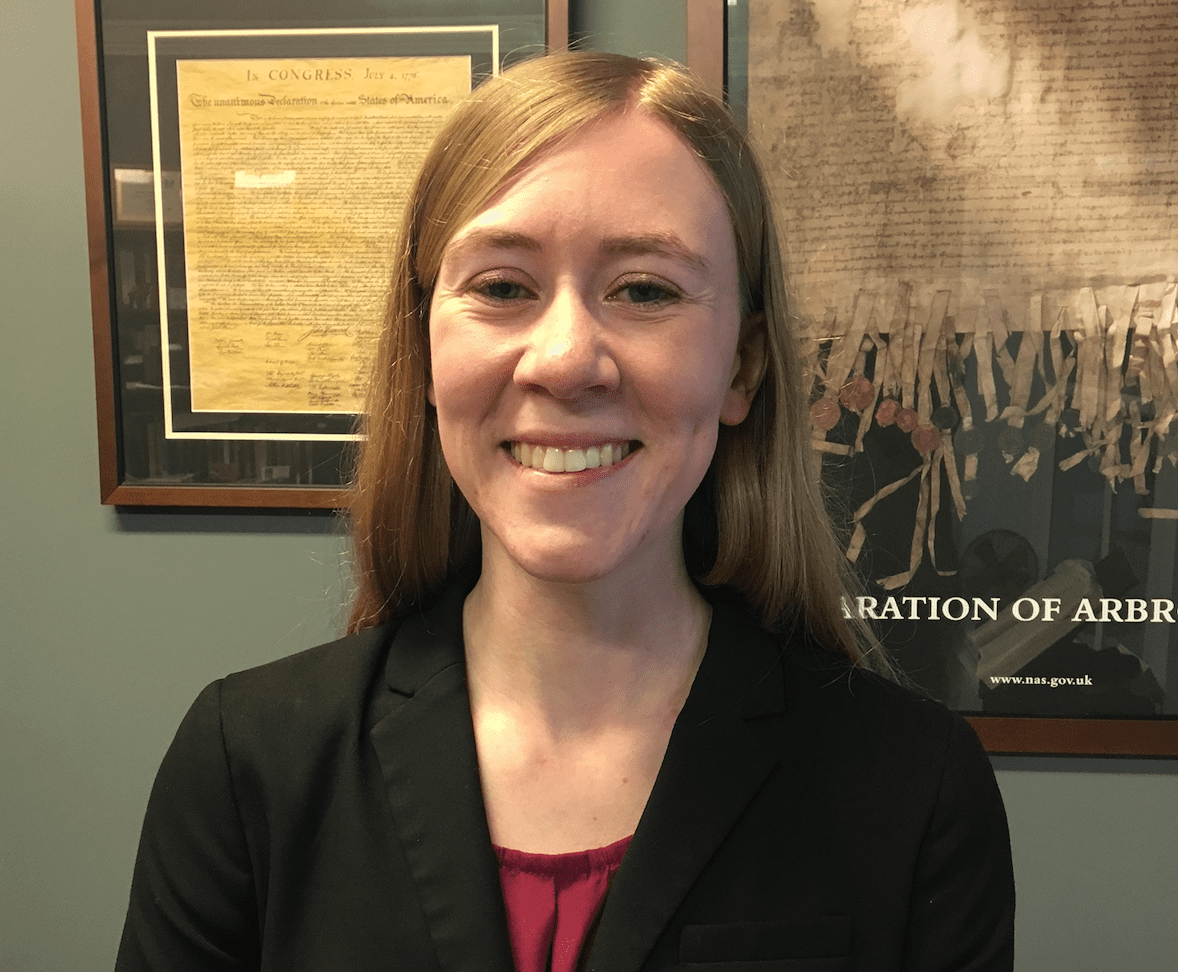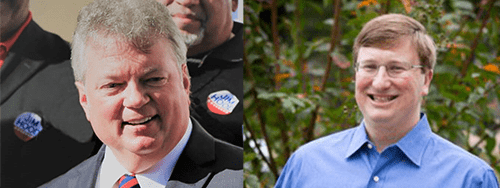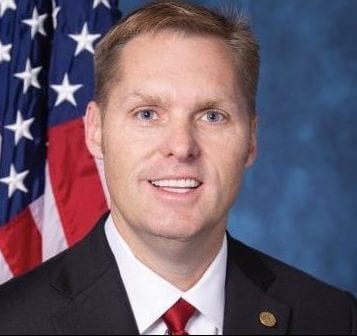
By: Alicia Brown
In the aftermath of Mississippi’s 2014 senatorial runoff, when incumbent Senator Thad Cochran narrowly defeated state senator Chris McDaniel, controversy abounded about “stolen” elections and Democrats “raiding” the GOP primary. The crux of this argument was uncharacteristically high rates of participation by African Americans, who tend to participate in the Democratic primary instead. Voting in the opposing party’s primary, a process known as crossover voting, is enabled by Mississippi’s open primary system, which allows voters to participate in the primary of their choosing rather than requiring allegiance to a single party.
In the 2016 Presidential election, 39 states and the District of Columbia used primaries to award their delegates for at least one of the major parties. Of these, 15 used open primaries. The primary advantage of an open primary system is that unaffiliated voters can participate without registering with a party. Because open primaries have a larger eligible population, numerous studies have connected open primaries to higher overall turnout. For instance, Alan S. Gerber and Gregory A. Huber of Yale University recently found that open primaries average 7% higher turnout than closed primaries. Likewise, when considering only Presidential primaries, Dr. Caitlin Jewitt of Virginia Tech found that open primaries have 3.66% higher mean turnout than closed primaries.
During a 2016 campaign visit to New York, presidential hopeful Bernie Sanders championed the idea of nationwide open primaries for 2020. While this idea is not popular with the leadership of either major party, the idea is gaining traction with citizens. In a 2016 Associated Press Poll, 69% of respondents said that open primaries are more fair than closed primaries, and this sentiment is already translating to action. In March of 2016, for instance, voters in Colorado voted to replace both parties’ caucuses with open primaries, and in February of 2019 New Mexico lawmakers considered citizen-driven legislation to adopt an open primary system.
Critics of open primaries argue that elected officials who claim a particular party should be chosen by the members of that party, but this perspective overlooks that political viewpoints are not necessarily binary or consistent. Moderate voters, for instance, may find that their voting issue changes from election to election. Third party voters, such as libertarians, may find that electing a representative under the banner of their party is currently impossible. In both of these cases, voters should have the opportunity to pick the representative who best corresponds to their interests, regardless of that candidate’s party.
When the founding fathers first promoted the Constitution to the public, they explicitly warned against the dangers of political parties in The Federalist 10. This admonition was the overarching theme of George Washington’s farewell address and was widely held by the most respected members of his administration, with John Adams referring to parties as “the greatest political evil of our Constitution.” The founding fathers envisioned a society in which voters evaluate each candidate on his merits rather than the banner he carries and in which voters are free to make that decision using any calculus they see fit.
A shining example of this principle can be seen in none other than the Broadway smash hit Hamilton. When asked who he would endorse for the election of 1800, Alexander Hamilton chose Thomas Jefferson, even though his party allegiance was with Burr, explaining: “Jefferson has principles. Burr has none.” While primaries were not a common practice in 1800, the key takeaway is that Alexander Hamilton was just as justified in voting against Aaron Burr as he was in voting for the Federalist candidate. In closed primary states, however, voters are denied that choice.
In years when a sitting President is running for re-election, members of the incumbent party have little incentive to participate in their party’s primary, but this doesn’t mean they shouldn’t have a voice in the outcome. As the nation shifts through a continuum of purple, voters should always have the opportunity to pursue the outcome that is best for them, even if that means supporting the lesser of the evils. By allowing crossover voting, the open primary is the only system that allows voters to do just that.
Alicia Brown is a rising senior at Mississippi State University









